02
Dec
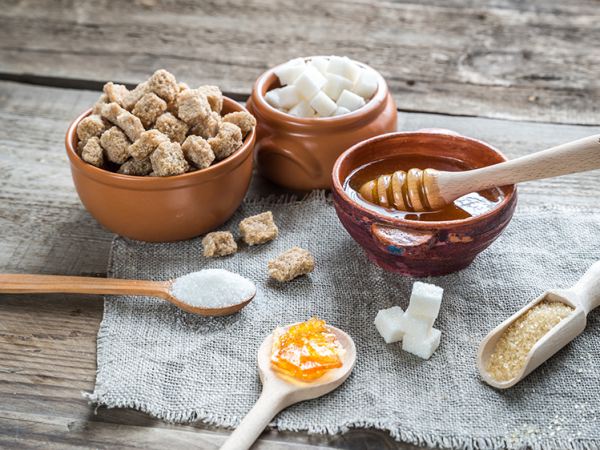
White sugar isn’t healthy, and everyone knows that. You don’t have to be a diabetic to avoid it. Of course, there are some foods and drinks that simply taste terrible if they aren’t sweetened, so you have to find a healthier substitute for sugar. Healthy natural sweeteners are ideal if you’re trying to manage diabetes, keep your body in good shape, but also clear your skin, protect your teeth, and boost your immunity.
If you’re looking а sugar substitute that can make different foods and beverages taste better without affecting your blood sugar levels or weight, you’re reading the right lines. The market today offers various options for natural sweeteners. Even though they are all a healthier alternative to regular table sugar, they have some key qualities that make them different from each other. Here are some of the most popular sugar substitutes that you can use.
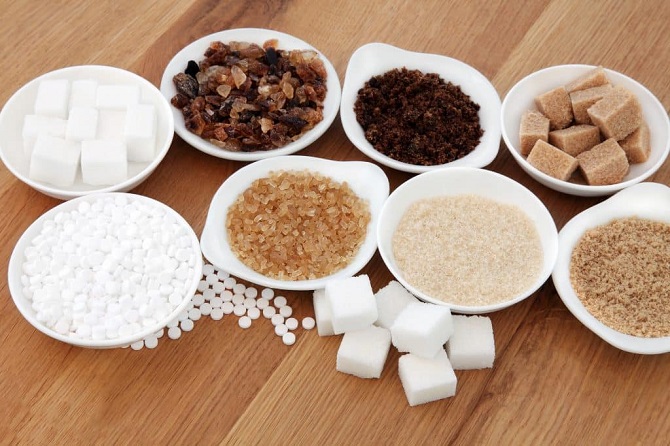
If you have diabetes, you must be very careful and avoid the type of sugar that may increase your blood sugar levels. Artificial sweeteners are synthetic sugar substitutes and are often far sweeter than the actual sugar. But don’t just go for the ones that have no calories, because that doesn’t necessarily mean they’re safe for you.
The best artificial sweeteners for diabetics are:
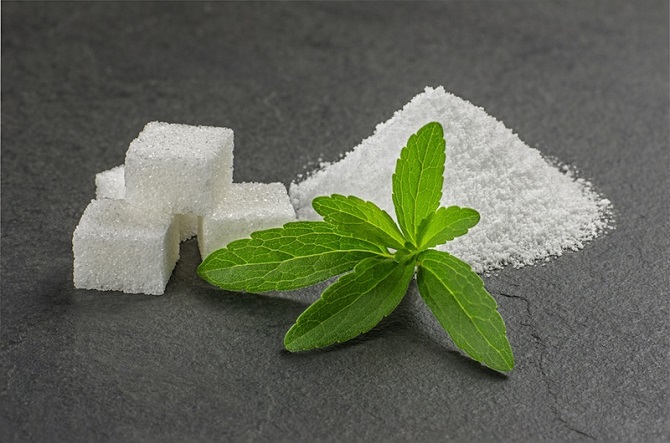
This is a natural sweetener derived from the Stevia rebaudiana plant. Manufacturers extract the chemical compounds called steviol glycosides from the leaves of the plant to make a form of the sweetener that consumers can conveniently use. If you have a sweet tooth, stevia might be the sugar substitute you’re looking for. It’s about 300 times sweeter than table sugar or sucrose and you can find it under various brand names. It’s available in many forms from tablets to powder, which you can use in a variety of recipes.
However, stevia is known to have a slightly bitter aftertaste that not everyone can tolerate. This is why some manufacturers add a bit of regular sugar to balance the taste. If you’re a diabetic and consider using stevia, make sure to read the ingredients in case there is added sugar to this sweetener.
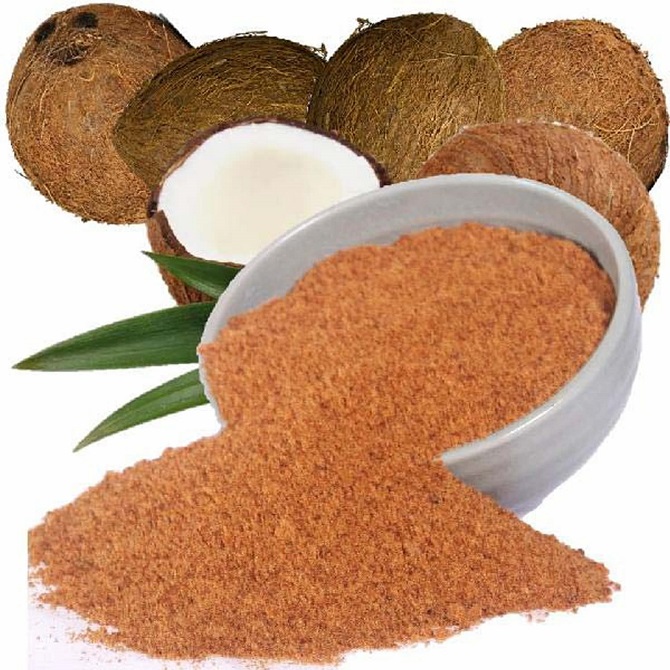
This is a great natural sweetener that is made from palm sap, which is the sugary flowing fluid of the coconut plant. This is not palm sugar, though, which is similar but is made from a different type of palm tree.
Coconut sugar is made in two steps:
The final product is granulated and brown. The colour resembles that of the raw brown sugar. The particle size is much smaller though.
Coconut palm sugar has a low GI (Glycemic Index) rating of 35 and is packed with minerals which can have an additional benefit for your health. It’s a superb source of iron, magnesium, and zinc (all essential to boost your immune system). It tastes and smells like caramel and is great for dressings, baking, and to sweeten your tea or coffee. What’s more, low GI foods allow for a slow release of energy, which means you won’t experience the dreaded sugar rush.
If you’re looking for reliable brands of this type of sweetener, we’d suggest going with the Naturally Sweet Coconut Sugar. It comes from the flower bloom of coconut palms in Indonesia that are certified organic. It has zero calorie, certified organic palm sugar and no fillers. It’s also vegan and non-GMO.

Also known as lo han guo, or Swingle fruit (Siraitia grosvenorii), is a tiny round fruit that grows in southern China. Eastern medicine was using it for centuries as a remedy for treating colds and to help the digestion. Today, it’s commonly used to sweeten foods and beverages. Monk fruit sweeteners are made by removing the seeds and skin of the fruit. The fruit is then crushed and the juice is collected.
Мonk fruit gets its sweetness from the compounds called mogrosides, which have a backbone structure called mogrol with glucose units. This sweetener has zero GI response, no carbs, and a super low-calorie amount. There is no bitter aftertaste and it has anti-inflammatory properties and a variety of other health benefits too.
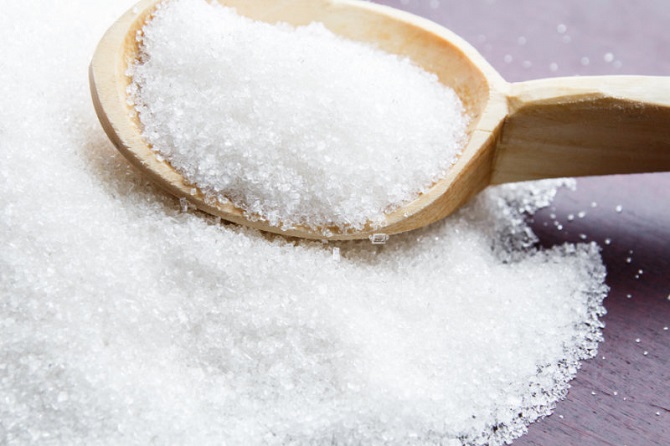
Some foods naturally contain erythritol. It’s also made in the process of fermentation of beer, wine, and cheese. However, people have found a way to make it on their own so that can use it to sweeten foods in a healthy way. Since 1990, erythritol has become available in the form of sugar substitutes. Usually, it’s mixed with other natural sweeteners such as stevia and aspartame.
It’s often used as a sugar substitute in beverages, ice-cream, yogurt, bakery goods, chocolates, and chewing gum. It’s approximately 70% as sweet as regular sugar. It has almost no calories (about 0.2 kcal/g which is only 5% of sugar). It has no glycaemic index and doesn’t raise plasma glucose or insulin levels. It’s ideal for diabetics or people who follow special diets (where sugar is not allowed). It’s tooth-friendly, which is another great reason to use it.